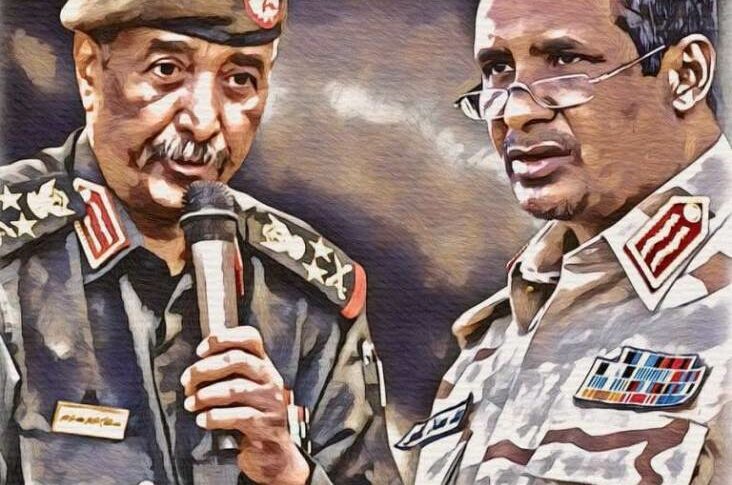Sudan: Internet shutdown threatens delivery of humanitarian, emergency services
March 9, 2024 (NAIROBI) – A near total communication blackout in Sudan following all network and internet shutdowns in early February poses serious risks to the coordination of emergency assistance and humanitarian services to millions of people caught up in the conflict, a campaign group said on Friday.
The continued shutdown, Amnesty International said, has limited millions of people’s ability to communicate with their families, seek safe zones from fighting, access life-saving necessities, as well as receive mobile money services.
“The ongoing telecommunications blackout is unacceptable; it puts millions of lives at risk. As millions of Muslim faithful in Sudan prepare to mark the beginning of the Holy month of Ramadhan, Amnesty International demands full restoration of communication services in all of Sudan,” said Sarah Jackson, Amnesty International’s Deputy Regional Director for East and Southern Africa.
“This blackout is affecting already vulnerable populations who have had to endure conflict for close to a year now. Without communication, humanitarian operations and emergency services are likely to grind to a complete halt, putting millions of lives at risk. The Sudanese Armed Forces (SAF) and the Rapid Support Forces (RSF) must refrain from shutting down the internet as this is a lifeline for civilians,” she added.
Since conflict broke out in April 2023, according to Access Now, both SAF and RSF have shut down the internet to block information flows in areas controlled by the opposing sides. The latest shutdown in early February is reportedly exacerbating an already catastrophic humanitarian and human rights crisis that has seen more than 14,000 people killed and more than 9 million other displaced.
The continued weaponization of internet shutdowns by the warring parties in Sudan is a violation of international law, according to human rights organizations.
More than 20 people interviewed by Amnesty International said they continue to face challenges communicating with their friends and family members since the beginning of the communication blackout in early February.
This has created anxiety among Sudanese communities outside the country who are unable to connect and communicate with their loved ones.
A Sudanese currently based in Kenya told Amnesty International: “I have been unable to communicate with my family members in Khartoum for over two weeks now. I am so worried about their situation. I can only hope that they are well. The internet outage is keeping me worried about my family every day.”
Amnesty International in Uganda and Kenya said they interviewed more than 15 human rights defenders who said they have struggled to document ongoing violations in most of Sudan since the beginning of the communication blackout.
The work of frontline humanitarian aid providers has also been severely impacted.
One such group of providers are the Emergency Response Rooms (ERR) which were spontaneously created to help coordinate support for Sudanese impacted by the war and provide life-saving services to communities. The virtual rooms consist of Sudanese in the diaspora and volunteers on the ground who process requests from the public via WhatsApp groups and other social media platforms.
The continued shutdown, according to Amnesty International, has limited millions of people’s ability to communicate with their families, seek safe zones from fighting, access life-saving necessities, as well as receive mobile money services.
“The ongoing telecommunications blackout is unacceptable; it puts millions of lives at risk. As millions of Muslim faithful in Sudan prepare to mark the beginning of the Holy month of Ramadhan, Amnesty International demands full restoration of communication services in all of Sudan,” said Sarah Jackson, Amnesty International’s Deputy Regional Director for East and Southern Africa.
Meanwhile, more than 20 people interviewed by Amnesty International said they continue to face challenges communicating with their friends and family members since the beginning of the communication blackout in early February.
(ST)

